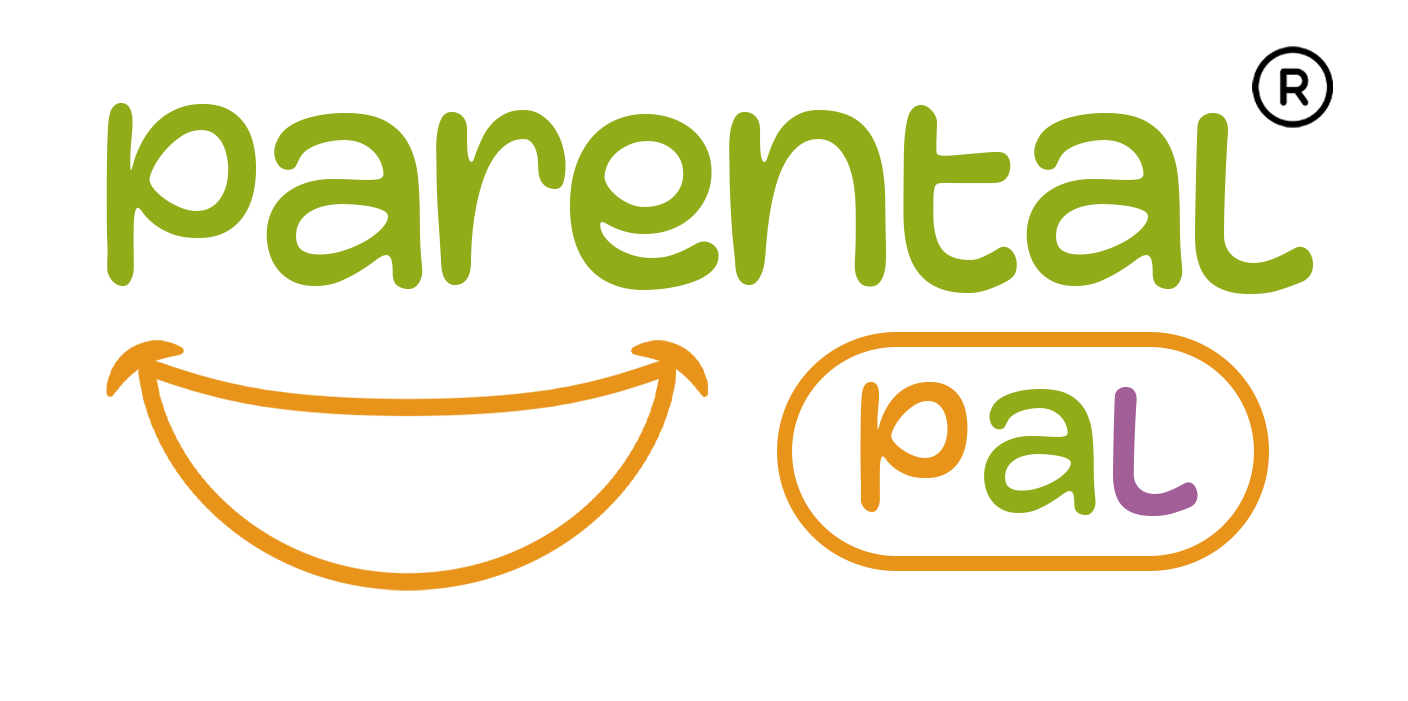Introduction
In recent years, the landscape of education has been shaped by a multitude of factors, including high inflation, reduced economic power, globalisation, and the rise of remote and flexible work settings. These global trends have had a significant impact on traditional schooling systems, particularly in regions like Africa where economic challenges are prevalent. In light of these changes, homeschooling has emerged as a viable alternative for parents seeking to provide their children with quality education tailored to their unique needs and circumstances especially at the early years stage. On my LinkedIn page https://linkedin.com/company/parentalpal/, I spoke of the effect of this economic challenges in middle income and low income family’s educational choices.
Impact of Economic Challenges on Education
Research conducted by the World Bank highlights the impact of economic challenges on education in Africa. According to a report published in 2020, titled “Education in Sub-Saharan Africa: Trends, Challenges, and Opportunities,” economic constraints have led to overcrowded classrooms, limited resources, and inadequate infrastructure in many African countries, exacerbating inequalities in access to education (World Bank, 2020). On the reverse side, a subjective research that I embarked upon showed that after sometime in overcrowded classrooms where learning cannot take place, parent in low income communities withdraw their children to join them in working to provide food for the family and thereby learn a skill as well.
Globalisation and Remote Work Settings
The rise of globalisation and remote work settings has transformed the way we work and learn, creating new opportunities for families to embrace homeschooling as a flexible educational option. A study published in the Journal of International and Comparative Education found that the proliferation of online resources and virtual learning platforms has facilitated the growth of homeschooling worldwide, enabling parents to provide their children with a quality education from the comfort of their homes (Miller & McKenna, 2019).
Why Homeschooling should benefit us in Africa
Homeschooling offers numerous benefits for families in Africa, as highlighted by research and anecdotal evidence:
- Personalised Learning: A study published in the Journal of Educational Psychology found that personalised learning experiences promote greater academic achievement and motivation among students (Hidi & Renninger, 2006). Homeschooling allows parents to tailor their children’s education to their individual needs, interests, and learning styles, fostering a deeper understanding and appreciation for the material.
- Flexible Schedule: Research conducted by the National Home Education Research Institute (NHERI) indicates that homeschooling provides families with the flexibility to create a schedule that accommodates their unique lifestyle and cultural practices (Ray, 2017). This flexibility allows for greater family bonding and shared experiences.
- Access to Diverse Resources: According to a survey conducted by EdChoice, homeschooling parents have access to a wide range of educational resources, including online courses, educational apps, and interactive learning materials (EdChoice, 2021). This access to diverse resources enables parents to customise their children’s education based on their interests and learning needs.
Challenges and Considerations:
While homeschooling offers numerous benefits, it also presents challenges and considerations for parents in Africa:
- Legal and Regulatory Frameworks: In Africa, only South Africa has laws governing homeschooling and only Sierra Leone has banned homeschooling. The idea/practise is not illegal in the other countries but there are no laws or policies made to govern homeschooling yet. Research conducted by the Home School Legal Defence Association (HSLDA) highlights the importance of understanding the legal and regulatory frameworks governing homeschooling in different countries (HSLDA, n.d.). Parents considering homeschooling must ensure compliance with homeschooling laws and regulations in their respective countries.
- Access to Resources: Limited access to educational resources and materials may pose challenges for homeschooling families, particularly in remote or undeserved areas where infrastructure and internet connectivity are lacking. Efforts to improve access to resources and support services for homeschooling families are essential to ensure equitable educational opportunities for all children.
- Cost of skill required to supervise learning: Online resources are great with teaching and providing practise opportunities. For kinaesthetic learners who have to feel and touch to complete their learning process, a qualified and experienced teacher may sometimes be needed to cover that end and to tie up the knowledge to avoid gaps in the learning journey.
Conclusion:
As education continues to evolve in response to changing global trends, homeschooling emerges as a viable option for parents in Africa seeking to provide their children with a high-quality, personalised education. By leveraging the flexibility and adaptability of homeschooling, parents can empower their children to thrive academically and personally, regardless of economic constraints or geographical limitations.
In embracing homeschooling as a viable educational option, parents in Africa can unlock a world of possibilities for their children, fostering a love for learning and a lifelong pursuit of knowledge that transcends borders and empowers future generations to shape a brighter future for themselves and their communities.
References:
– EdChoice. (2021). Schooling in America. Retrieved from https://www.edchoice.org/schooling-in-america/
– Hidi, S., & Renninger, K. A. (2006). The four-phase model of interest development. Educational psychologist, 41(2), 111-127.
– Home School Legal Defense Association (HSLDA). (n.d.). International Homeschooling Laws and Regulations. Retrieved from https://hslda.org/legal/international-homeschooling-laws-and-regulations
– Miller, P., & McKenna, L. (2019). Homeschooling in the United States: Examining a Growing Phenomenon from International Perspectives. Journal of International and Comparative Education, 8(1), 54-68.
– Ray, B. D. (2017). Progress report 2013: Homeschooling across America. National Home Education Research Institute. Retrieved from https://www.nheri.org/research-facts-on-homeschooling/

